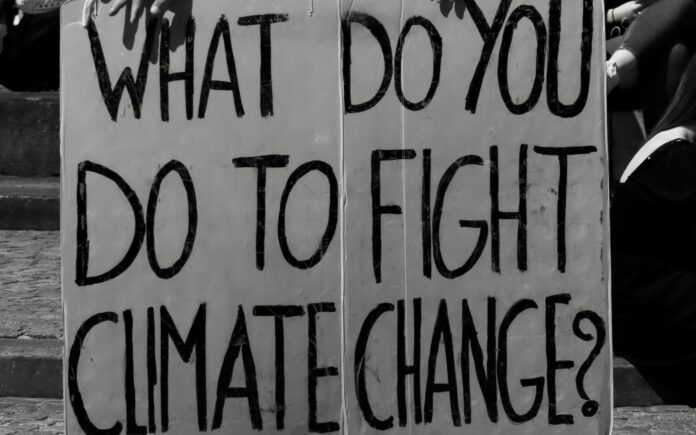Frontpage Journal | Climate Insights
Sri Lanka’s climate strategy is increasingly shaped by global agreements aimed at mitigating climate change. Commitments under the Paris Agreement and United Nations Sustainable Development Goals (SDGs) influence national policy, requiring coordinated action to reduce emissions, protect ecosystems, and transition to a low-carbon economy. Understanding these obligations is crucial for policymakers, businesses, and civil society alike.
Global climate agreements set targets for emission reductions, renewable energy adoption, and sustainable resource management. Sri Lanka’s compliance with these targets affects international funding, trade partnerships, and foreign investment opportunities. Countries demonstrating strong climate governance attract green financing, technical support, and market access, while non-compliance risks reputational and economic costs.
Policy alignment is critical. Integrating international commitments into national frameworks ensures coordinated action across energy, agriculture, transportation, and urban development. Carbon pricing, renewable energy incentives, and climate-resilient infrastructure projects reflect global standards and strengthen the country’s position as a responsible environmental actor.
Private sector engagement is equally essential. Businesses that align operations with global climate standards gain competitive advantage, improve ESG ratings, and access international capital markets. Collaboration with government bodies and research institutions facilitates technology transfer, skill development, and innovative solutions that advance both climate objectives and economic growth.
Global climate agreements present both responsibility and opportunity for Sri Lanka. Effective implementation positions the nation as a regional leader in sustainability, attracting investment, fostering innovation, and building resilience against climate risks. Strategic alignment with these frameworks is essential not only for environmental stewardship but also for economic competitiveness and national development in the 21st century.




